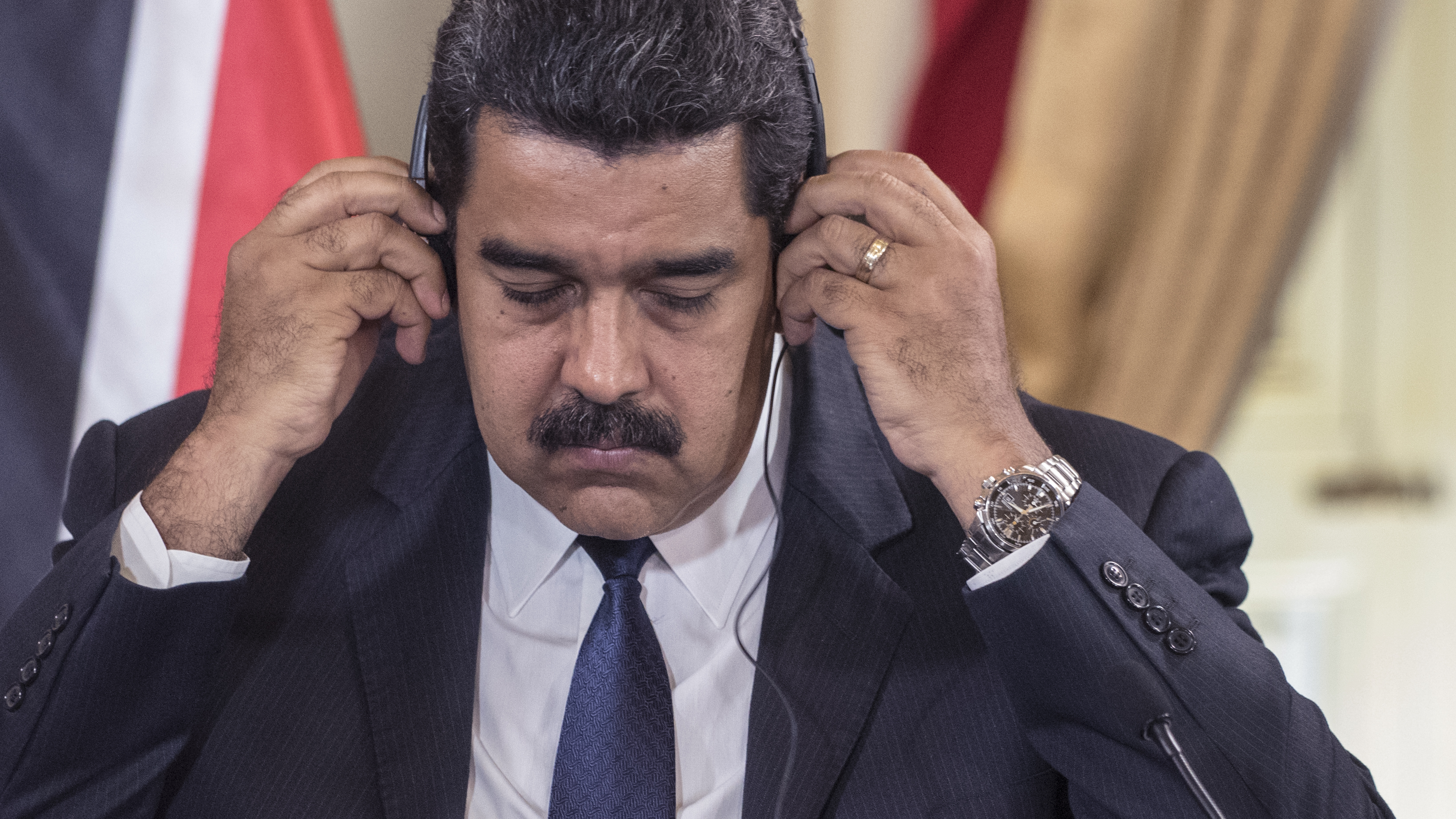The Tricky Issue of Severing US “Control” Over ICANN
I have written an essay for Hoover’s The Briefing series entitled The Tricky Issue of Severing US “Control” Over ICANN. Tomorrow the Senate Commerce, Science, and Transportation committee will have an important he
Published by The Lawfare Institute
in Cooperation With

I have written an essay for Hoover’s The Briefing series entitled The Tricky Issue of Severing US “Control” Over ICANN. Tomorrow the Senate Commerce, Science, and Transportation committee will have an important hearing on this subject. The hearing is specifically about the Commerce Department’s planned relinquishment of contractual control over the Internet’s domain name system in favor of ICANN independence over the matter. The Commerce Department announced its intentions about a year ago. But Congress late last year “intervened” (as Paul wrote) with a law that banned the Commerce Department from using appropriated funds “to relinquish the responsibility … during fiscal year 2015 with respect to Internet domain name system functions, including responsibility with respect to the authoritative root zone file and the Internet Assigned Numbers Authority functions.” Independent of Congress’s intervention, the transition has not gone well because no one has yet been able to come up with a convincing mechanism to ensure ICANN accountability on Internet naming and numbering once the USG relinquishes its official involvement. (Paul has written insightfully on this subject, as noted above, and here and here.)
I was originally motivated to write the Hoover essay in response to a long series of essays by Gordon Crovitz, a fierce critic of the transition. I think Crovitz exaggerates the dangers of authoritarian states taking over the naming and numbering system. "The worry with an independent ICANN," I maintain, "is less that it will be overrun by authoritarian states than that it might be captured in more subtle and unpredictable ways by public and private interests that might push it to regulate in any number of directions, perhaps far beyond mere naming and numbering, and not necessarily in ways that promote a well-functioning or open Internet.” I also think Crovitz exaggerates both the role of the United States in keeping authoritarian states at bay, and the virtues of U.S. control over the system for an open and free Internet:
Crovitz’s insistence that “American oversight protects the engineers and network operators who manage the Internet from political interference” is belied by the one instance when ICANN obviously caved to political pressure — by the United States. A decade ago ICANN tentatively approved the .xxx top-level domain name in accordance with its policies. The US government, under pressure from domestic groups and foreign governments, threatened to use its contractual rights to override ICANN’s decision, and the ICANN board buckled. This is precisely the kind of overbearing government influence that Crovitz worries about from authoritarian states. Yet the threat came from the United States, not an authoritarian state, and it was more credible than typical governmental rants against ICANN precisely because of the US contract with ICANN that Crovitz thinks is the key to ICANN independence and accountability.All that said, in the end I came to agree with Crovitz that very serious unanswered questions remain about the transition, and that “[u]ntil an obviously satisfactory solution emerges, Congress … is quite right to leverage whatever uncertain power the United States has over ICANN via contract.”
Jack Goldsmith is the Learned Hand Professor at Harvard Law School, co-founder of Lawfare, and a Non-Resident Senior Fellow at the American Enterprise Institute. Before coming to Harvard, Professor Goldsmith served as Assistant Attorney General, Office of Legal Counsel from 2003-2004, and Special Counsel to the Department of Defense from 2002-2003.



